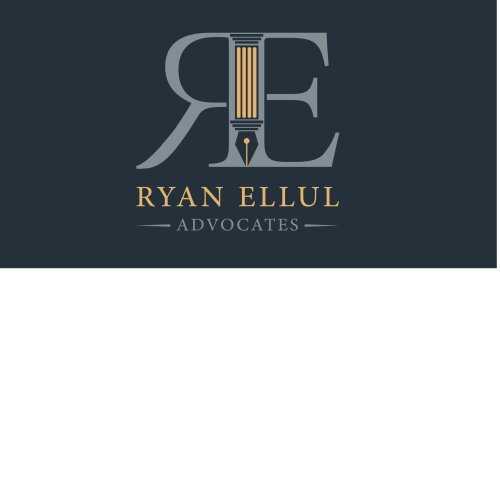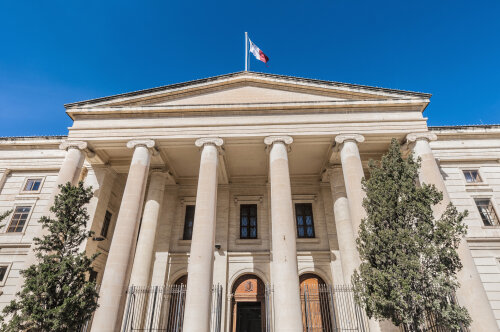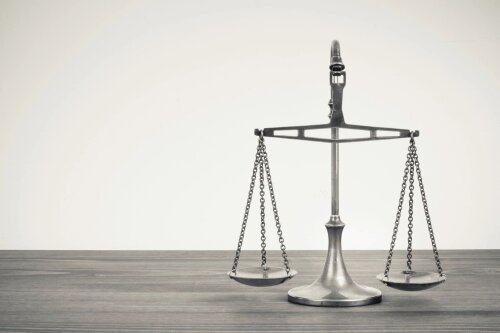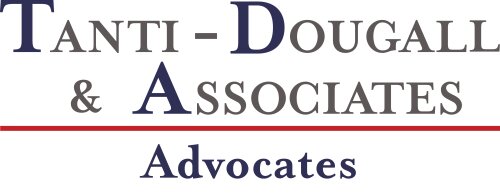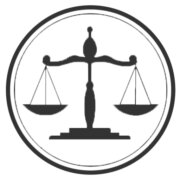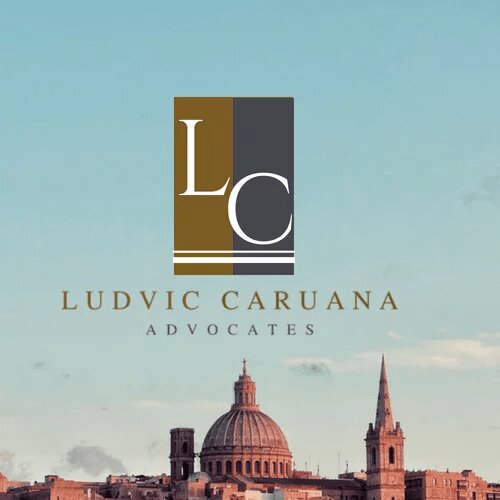Best Education Law Lawyers in Malta
Share your needs with us, get contacted by law firms.
Free. Takes 2 min.
Or refine your search by selecting a city:
List of the best lawyers in Malta
About Education Law in Malta
Education Law in Malta is a branch of law that governs the policies, regulations, and rights associated with the education system in the country. It encompasses the legal statutes and frameworks that oversee educational institutions, student rights, teacher responsibilities, and the administration of educational programs. Malta's education system is influenced by both national regulations and European Union directives, ensuring that the education provided is of high quality and accessible to all.
Why You May Need a Lawyer
There are various situations where an individual or an institution may require legal assistance in the realm of Education Law. For students or parents, legal help may be necessary when dealing with issues like discrimination, special education needs, or disputes over academic performance and disciplinary actions. Educators and institutions may seek legal advice for matters such as employment disputes, adherence to regulatory standards, and governance issues. Legal counsel can help navigate these complex legal landscapes, ensuring that rights are protected and obligations are met.
Local Laws Overview
Key aspects of Education Law in Malta include the Education Act, which provides the foundation for educational governance and operation in Malta. This act outlines the roles and responsibilities of educational authorities, the rights and obligations of students and educators, and the standards for educational institutions. Additionally, Malta adheres to EU regulations and directives, which influence national education policies, particularly in areas such as inclusivity and quality assurance. Compliance with these laws ensures that the education system in Malta remains standardized and equitable.
Frequently Asked Questions
What is the mandatory school age in Malta?
In Malta, education is compulsory for children between the ages of 5 and 16.
Are there laws protecting students with special needs?
Yes, the Education Act and additional regulations emphasize the provision of inclusive education, ensuring that students with special needs have access to appropriate educational resources and support.
Can schools in Malta enforce uniforms?
Yes, schools in Malta can enforce uniforms as part of their policies, provided these policies are non-discriminatory and clearly communicated to students and parents.
What are my rights if my child is being bullied at school?
Parents and students have rights under the Education Act to raise concerns about bullying. Schools are required to have anti-bullying policies and measures in place. Legal advice can help if these measures are inadequate.
How are educational disputes resolved?
Disputes in education are often resolved through internal board reviews or mediation but may require legal intervention if escalated.
What is the role of the Ministry for Education in Malta?
The Ministry for Education is responsible for the governance and quality assurance of education in Malta, developing policies, and ensuring compliance with educational laws.
Are homeschooling and alternative education options legal in Malta?
Yes, homeschooling and alternative education are permitted under Maltese law, but parents must comply with registration requirements and standards set by the Ministry for Education.
What are the legal implications of failing to comply with the Education Act?
Non-compliance with the Education Act can result in penalties or sanctions for educational institutions, and legal intervention may be necessary to resolve such issues.
Can parents influence the school curriculum?
While parents can provide input, the school curriculum is primarily determined by the Ministry for Education to ensure standardization and compliance with national education mandates.
How does EU law impact the education system in Malta?
EU law influences education in Malta through directives on quality assurance, inclusivity, and standardization, ensuring that the Maltese education system aligns with broader European objectives.
Additional Resources
Individuals seeking legal advice in Education Law may find it beneficial to consult the Ministry for Education in Malta, the Directorate for Quality and Standards in Education, and local legal aid services. These bodies provide guidance, support, and resources about educational rights and responsibilities. Additionally, professional organizations such as the Malta Union of Teachers can offer valuable insights and assistance.
Next Steps
If you require legal assistance in Education Law, it is advisable to consult with a lawyer specializing in education-related legal issues. They can provide guidance specific to your situation. Begin by gathering all relevant documentation and details regarding your case. Consider contacting legal professionals through local directories or seeking referrals from trusted sources. A timely consultation can help you understand your rights and obligations, ensuring that any educational challenges you face are addressed legally and effectively.
Lawzana helps you find the best lawyers and law firms in Malta through a curated and pre-screened list of qualified legal professionals. Our platform offers rankings and detailed profiles of attorneys and law firms, allowing you to compare based on practice areas, including Education Law, experience, and client feedback.
Each profile includes a description of the firm's areas of practice, client reviews, team members and partners, year of establishment, spoken languages, office locations, contact information, social media presence, and any published articles or resources. Most firms on our platform speak English and are experienced in both local and international legal matters.
Get a quote from top-rated law firms in Malta — quickly, securely, and without unnecessary hassle.
Disclaimer:
The information provided on this page is for general informational purposes only and does not constitute legal advice. While we strive to ensure the accuracy and relevance of the content, legal information may change over time, and interpretations of the law can vary. You should always consult with a qualified legal professional for advice specific to your situation.
We disclaim all liability for actions taken or not taken based on the content of this page. If you believe any information is incorrect or outdated, please contact us, and we will review and update it where appropriate.
Browse education law law firms by city in Malta
Refine your search by selecting a city.



